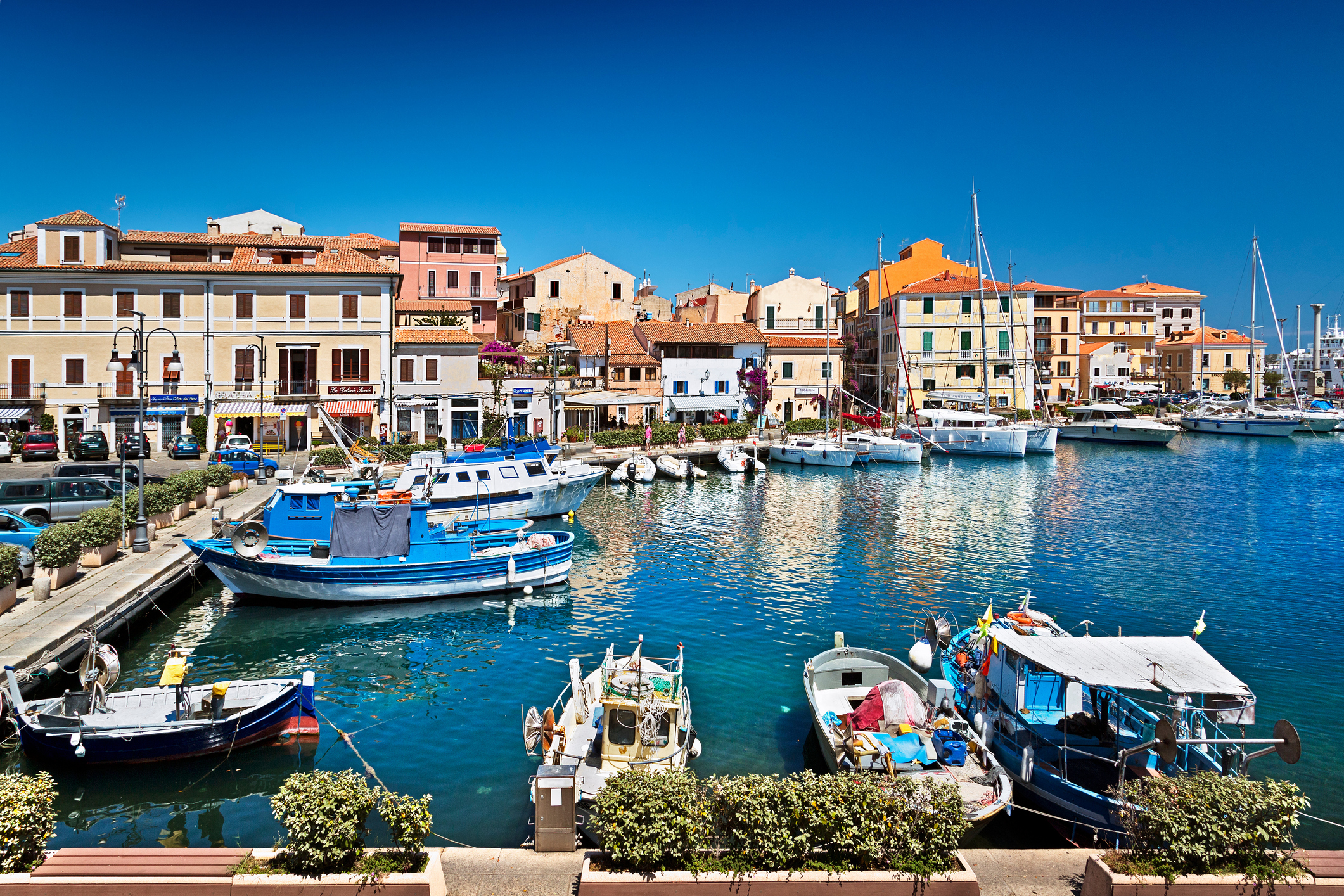
Life expectancy rates across the world increase every year. The average global age is now 71 years — an improvement from 64 just 30 years ago, according to the World Health Organization.
When people live longer, it becomes increasingly necessary to adjust financial planning and management accordingly while learning from the lifestyles of those who statistically live the longest.
There are regions in the world known as “blue zones,” where people have consistently been living for 100 years or longer. With the help of Dr. Gianni Pess and Dr. Michel Poulin’s age expectancy studies, journalist David Buettner first coined the term blue zone in the early 2000s.
Buettner’s team trekked the world to find communities where people lived longer, identifying five distinct locations:
Sardinia, Italy
This island off the coast of Italy was the first blue zone identified. Due to distinct genes, a plant-based diet, and walking mountainous terrain. With a close 1 to 1 ratio Sardinia hosts the highest of people 100 and older in the world. There are almost 10 times more centenarians per capita compared to the U.S.
Okinawa, Japan
Another island, Okinawa boasts one of the highest life expectancies in the world at 85 years. This can be attributed to the diet staple of superfoods like turmeric and seaweed.
Ikaria, Greece
The Aegean Sea is home to the third blue zone island. Ikarians are almost completely free of diseases that often afflict older Americans like dementia. The Blue Zone website states that seven simple but effective factors contribute to their long lives:
Nicoya, Costa Rica
In this community located in Central America, the average age of residents is 85 years old. Similar to other blue zone regions, a significant number of residents live beyond 100 years old. The longevity of these residents is attributed to two key factors: they consume unprocessed plant-based foods, and their water supply is naturally rich in calcium.
Loma Linda, California, United States
Loma Linda has a notable component that helps its community live a decade longer than most Americans: the Seventh-day Adventist church. Most Adventists are vegetarian and promote regular exercise while staying abstinent from smoking and alcohol consumption.
Blue zone adaptations
Adopting a blue zone approach to successful health and financial planning involves much more than a balanced diet and saving. Constructing a plan should not only prepare you for a lengthy retirement but also should align with behaviors promoting longevity.
Developing habits that maintain your overall health while going beyond traditional exercising and eating well is a good start. Taking care of your mental and emotional well-being plays an integral part.
Residents of the Nicoya, Costa Rica, blue zone refer to this as “pura vida,” slowing down and eliminating stress. When combined, these factors promote a path for better personal and professional development while helping you achieve specific financial goals, such as spending less on healthcare.
Studies have shown a clear correlation between personal finances, health status, and behaviors:
Solid financial foundations
Financial planning is just as important as health. To maintain financial stability, there are important foundational factors you’ll need to take note of.
This may seem apparent, but planning for a longer life means reshaping retirement savings. Contributing to various retirement accounts like Roth IRAs, Simple IRAs, Self Directed IRAs and 401(k)s all can offer tax advantages while promoting long-term growth.
Additionally, emergency funds are crucial, acting as financial safety nets. You don’t want to be stuck figuring out how to pay for an unexpected expense with nothing to take from.
Diversified investments also promote financial health. Bond funds, stocks, real estate, ETFs, mutual funds and more can all help build your portfolio and help money last.
Finally, estate planning tools like trusts, wills, and beneficiary designations will help make sure your legacy lives and contribute to your family’s wealth transfer ensuring future generations.
In all, much can be learned from blue zones and their inhabitants, but when preparing for a longer life, both health and financial planning are needed to be successful.







